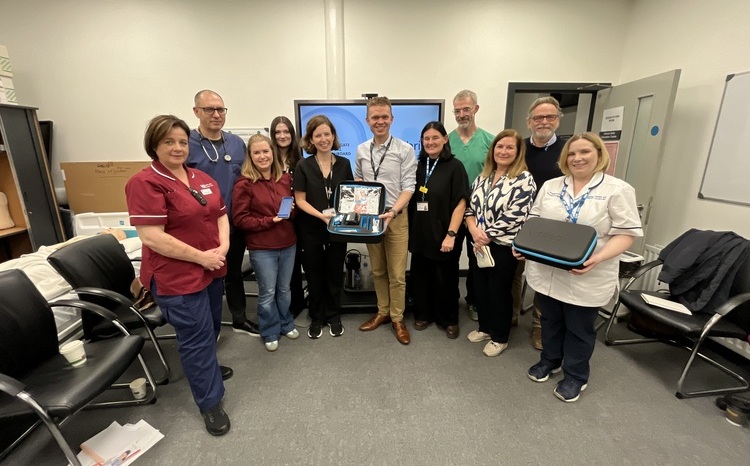CSC misses March Morecambe Bay deadline
- 1 April 2010
CSC’s future in the £12.7 billion NHS IT programme is in doubt after it failed to hit a critical end of March deadline to install Lorenzo Regional Care Release 1.9 at University Hospitals of Morecambe Bay NHS Trust.
As a result, the Department of Health has decided not to award CSC, the local service provider for three-fifths of the NHS in England, a renegotiated LSP deal. It must now provide a credible remedial plan or risk being replaced.
Christine Connelly, the Department of Health’s chief information officer, said late yesterday that the March deadline at Morecambe Bay, which she set last April, has been missed and that consequently no new deal with CSC has been signed.
“CSC has not gone live with Lorenzo 1.9 at Morecambe Bay,” said Connelly. “As a result we are not in a position to sign an MOU [Memorandum of Understanding] with CSC and will not do so.”
Connelly said that the failure meant that the relationship with CSC had reached a new point. “Given that the deadline has not been met we are looking at capacity within contractual relationship with CSC.”
She said a number of different problems remained with the iSoft software, but the decision to pull the implementation at Morecambe Bay was taken last weekend after a test load of the system failed.
“There are a number of issues: issues around the product, issues around the method of implementation.”
Connelly said: “I’m very disappointed we have not been able to have Lorenzo 1.9 up and running in Morecambe Bay. It’s deeply frustrating for everyone involved in this.”
She added that she hoped a go-live can happen very soon, because more than 3,000 staff have been trained ready for an end of March date. But said: “If it’s not ready to go, we won’t go.”
The DH has now invoked contract clauses requiring CSC to rapidly provide a credible recovery plan.
“I would expect to evaluate a recovery plan in days and weeks,” said Connelly, while adding that she was not setting a new deadline. “CSC need to give us a plan they are confident they can deliver.”
Connelly stressed that the Lorenzo product was still wanted by the NHS and the many clinicians who have been involved in its development,. She emphasised that she did not want to drop a product, only to subsequently find it was just weeks from being ready.
In an interview with E-Health Insider, Connelly said that while the Rubicon had not been crossed, the failure to award a new contract to CSC was significant.
“It’s not the point of no return, but it is an important step. We need this capability. We had expected to get it from Lorenzo 1.9. What may now change is the way we contract with suppliers.”
If CSC proves unable to deliver Lorenzo she said the alternative would be to use the acute ASCC [Additional Services Capability and Capacity] framework developed for the South.
The March deadline was set by Connelly last year after the Public Accounts Committee criticised the Lorenzo software for being four years late. It was one of a number of deadlines set to show the two remaining LSPs, BT and CSC, could make significant progress in the acute sector.
The completion of CSC’s long-running contract renegotiation hinged on proving at Morecambe Bay that the Lorenzo software is ready for widespread roll-out within the NHS.
CSC’s main sub-contractor iSoft may now face searching questions from investors after recently stating it would enable CSC to achieve its contractual commitments at Morecambe Bay.
Connelly acknowledged that the failure to sign a new deal will put financial pressure on suppliers CSC and iSoft.
“We’re very mindful of the health of our suppliers. We don’t take our decisions lightly. I’m sure that CSC are disappointed we haven’t signed a new deal.”
In contrast to the situation in the North Midlands and East, a new deal was signed with BT yesterday for London.
Connelly said: “We’ve done good work with BT, based on the successful implementation of Cerner at Kingston and St George’s, following a new delivery model.”
She said the BT deal created a new “more flexible” delivery model for Cerner, and also secured savings of £112m.
Connelly declined to confirm that this would mean fewer trusts in London will now receive Millennium, saying that the flexibility would enable a number of “thicker implementations” or “smaller number of thinner ones."




